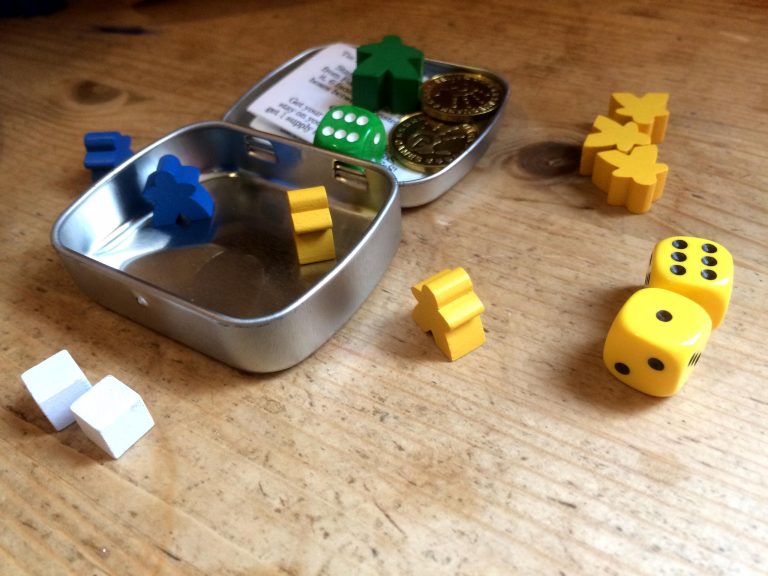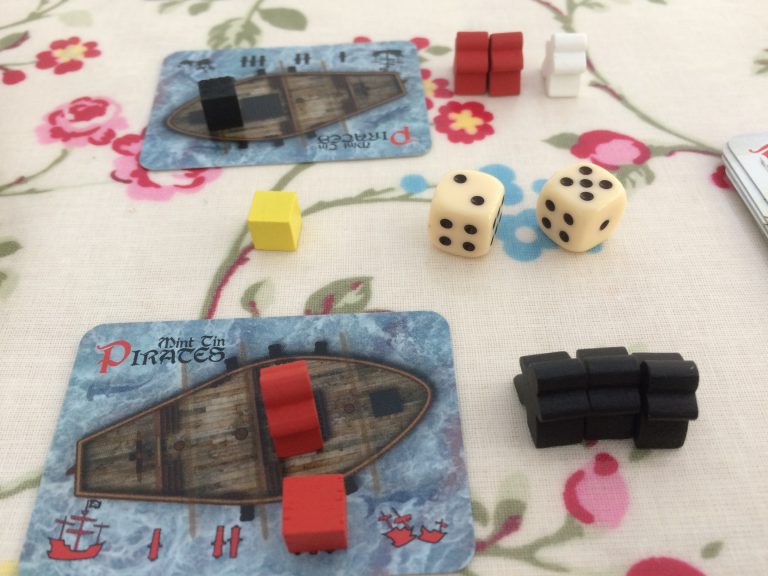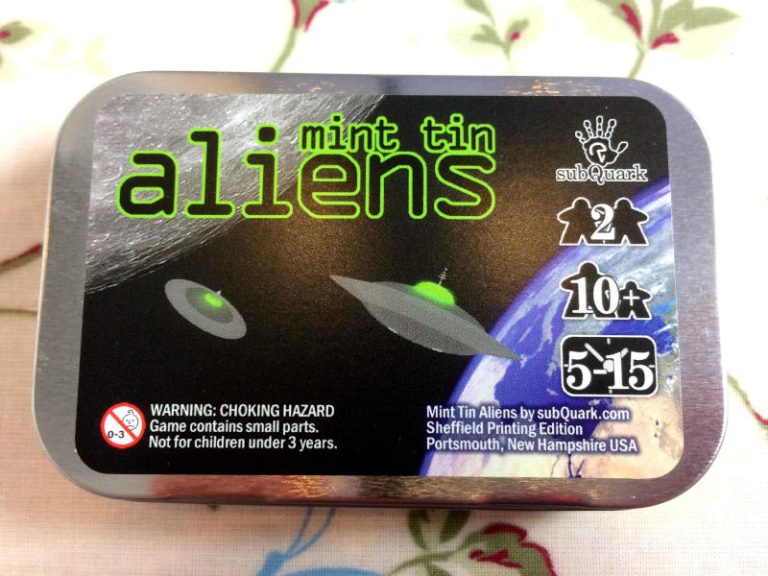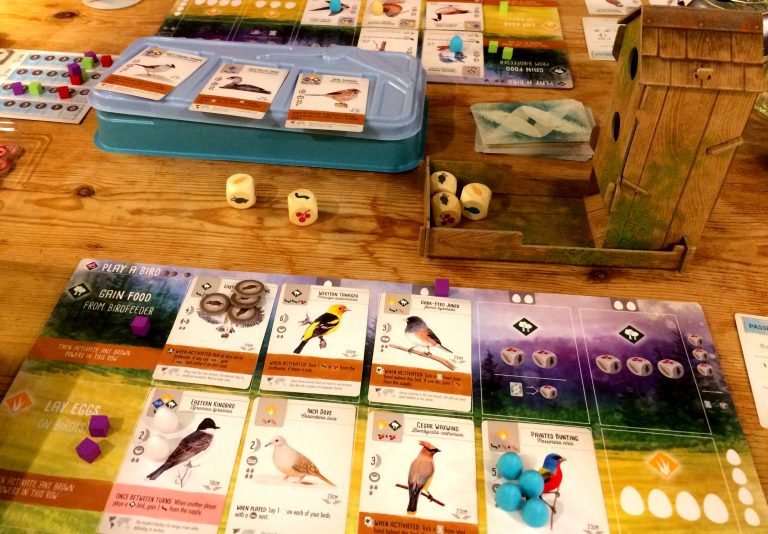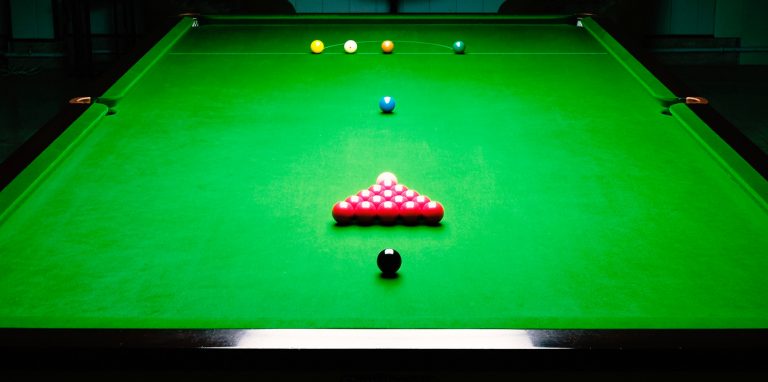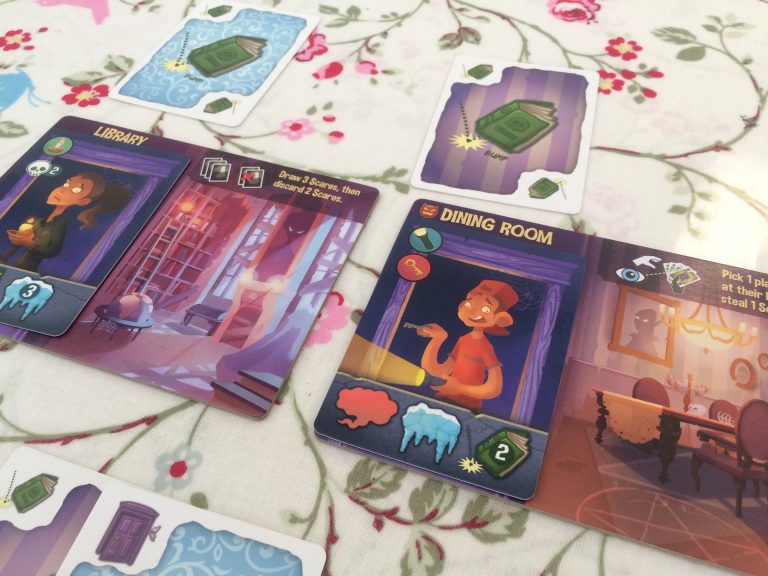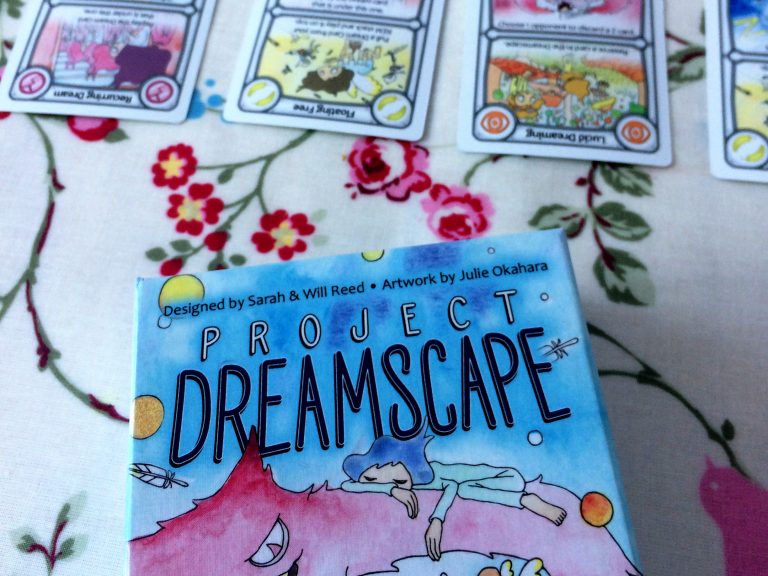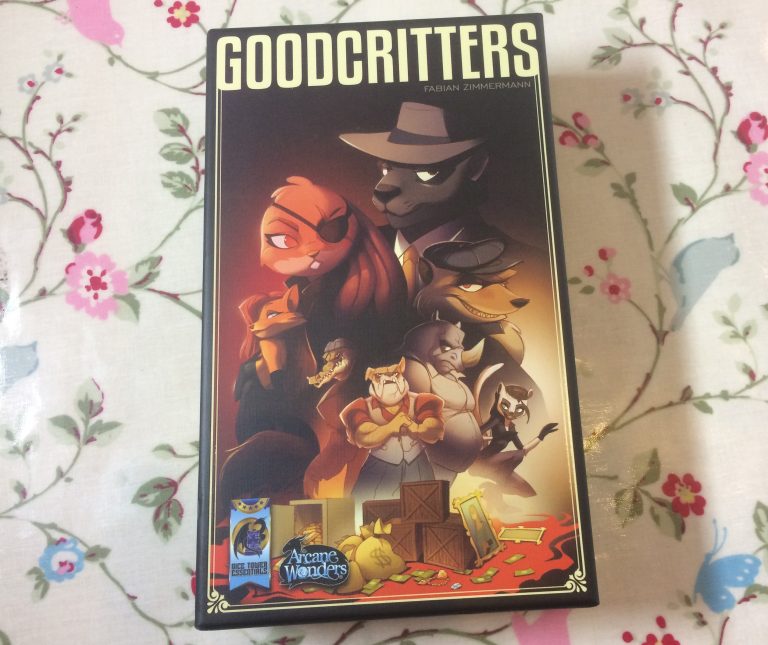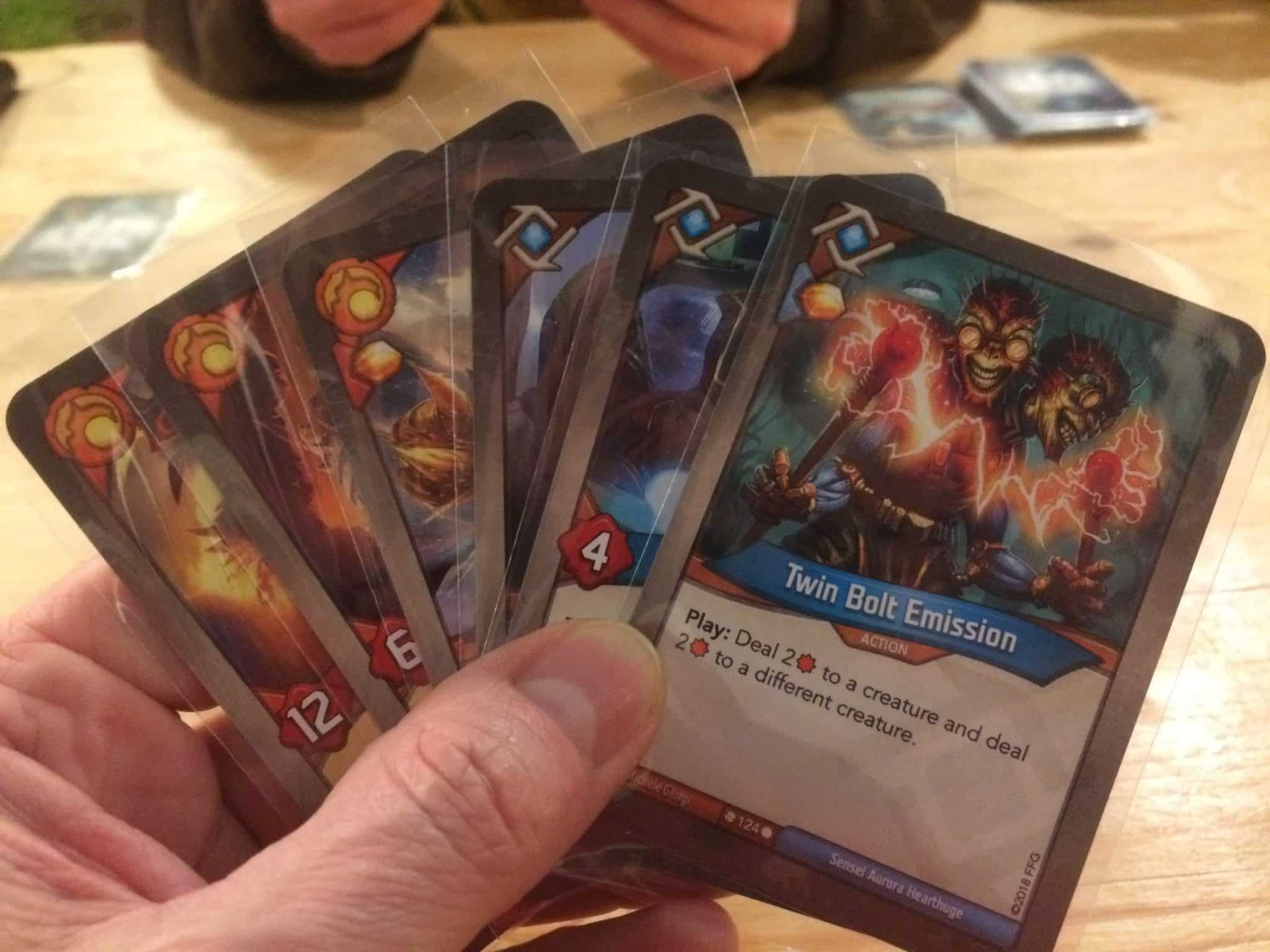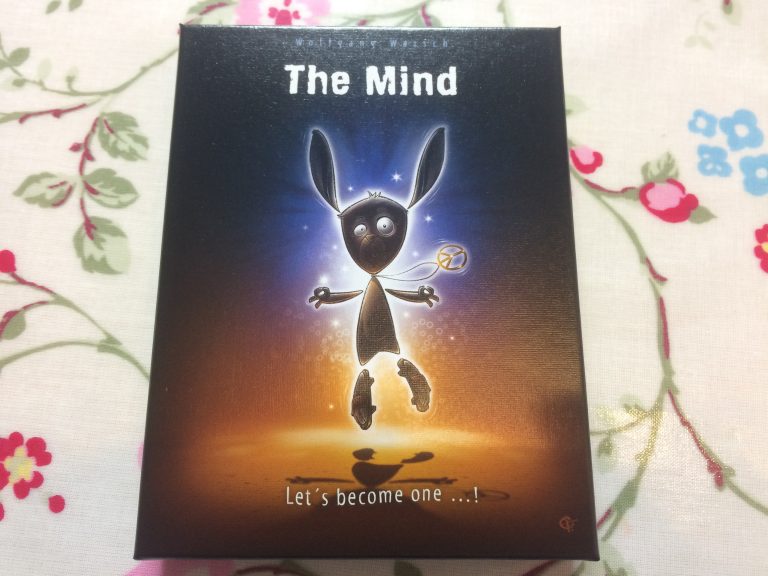Travel games (Saturday Review)
Instead of looking at a particular game, this week I want to look at a number of games that are great to have with you when you're out and about. These games are easy to learn and quick to play, don't take up much room in your pocket or on the table, are quick to set up and put away, but still create enough interest to while away the time. Most of these games will already come in a small box, but some you will have to re-package yourself to make them portable.


